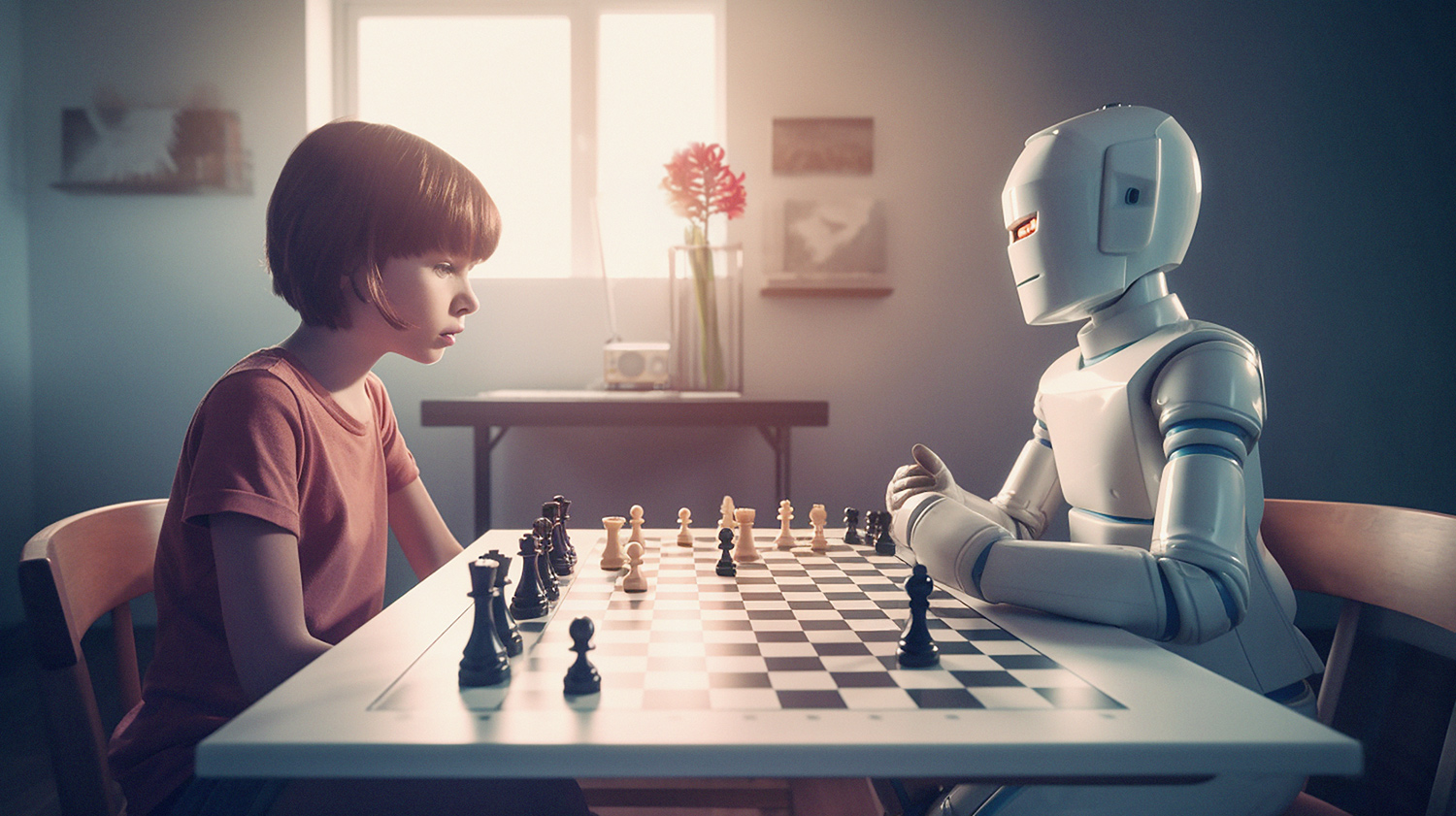YOU ARE NEVER going to beat the world’s best chess programs. After decades of training and studying, you might manage a checkmate or two against Stockfish, Komodo, or another formidable online foe. But if you tally up every match you ever play against an artificial intelligence, the final score will land firmly on the side of the machine.
Don’t feel bad. The same goes for the entire human race. Computer vs. chess master has been a losing prospect since 1997, when IBM’s Deep Blue beat legendary grandmaster Garry Kasparov in a historic tournament. The game is now firmly in artificial intelligence’s domain—but these chess overlords can also improve your game by serving as digital coaches.
That’s where Learn Chess with Dr. Wolf comes into play. Released in 2020, the AI program from Chess.com is a remarkably effective tutor, able to adapt to your skill level, offer tips and hints, and help you review past mistakes as you learn new strategies, gambits, and defenses. It’s by no means the only chess platform designed to teach—Lichess, Shredder Chess, and Board Game Arena are all solid options. Magnus Carlsen, a five-time World Chess Championship winner, even has his own tutoring app, Magnus Trainer.
Dr. Wolf, however, approaches the game a bit differently. “The wish that we address is to have not just an [AI] opponent, but a coach who will praise your good moves and explain what they’re doing while they’re doing it,” says David Joerg, Chess.com’s head of special projects and the developer behind Dr. Wolf.
The program is similar to the language-learning app Duolingo in some ways—it makes knowledge accessible and rewards nuances. Players pull up the interface and begin a game against the AI, which offers real-time text analysis of both sides’ strategies and movements.
If you make a blunder, the bot points out the error, maybe offers up a pointer or two, and asks if you want to give it another shot. “Are you certain?” Dr. Wolf politely asks after my rookie mistake of opening up my undefended pawn on e4 for capture. From there, I can choose either to play on or to take back my move. A corrected do-over results in a digital pat on the back from the esteemed doctor, while repeated errors may push it to course-correct.
“The best teachers in a sport already do [actively train you], and AI makes it possible for everyone to experience that,” Joerg says. He adds that Dr. Wolf’s users have something in common with professional chess players too—they use AI opponents in their daily training regimens. Experts often rely on the ChessBase platform, which runs its ever-growing algorithms off powerful computers, feeding them massive historical match archives. Dr. Wolf, however, isn’t coded for grandmasters like Carlsen or Hikaru Nakamura; rather, it’s designed to remove amateur players’ hesitancy about diving into a complex game that’s become even more imposing thanks to AI dominance.
“I see it not as a playing-field leveler as much as an on-ramp,” says Joerg. “It makes it possible for people to get in and get comfortable without the social pressure.” While machines may have a permanent upper hand in chess, Dr. Wolf shows us, as any good challenger would, that it all comes down to how you see the board in front of you.
Read more about life in the age of AI:
- Will we ever be able to trust health advice from an AI?
- Why AI could be a big problem for the 2024 presidential election
- The logic behind AI chatbots is surprisingly basic
- The first AI started a 70-year debate
Or check out all of our PopSci+ stories.

